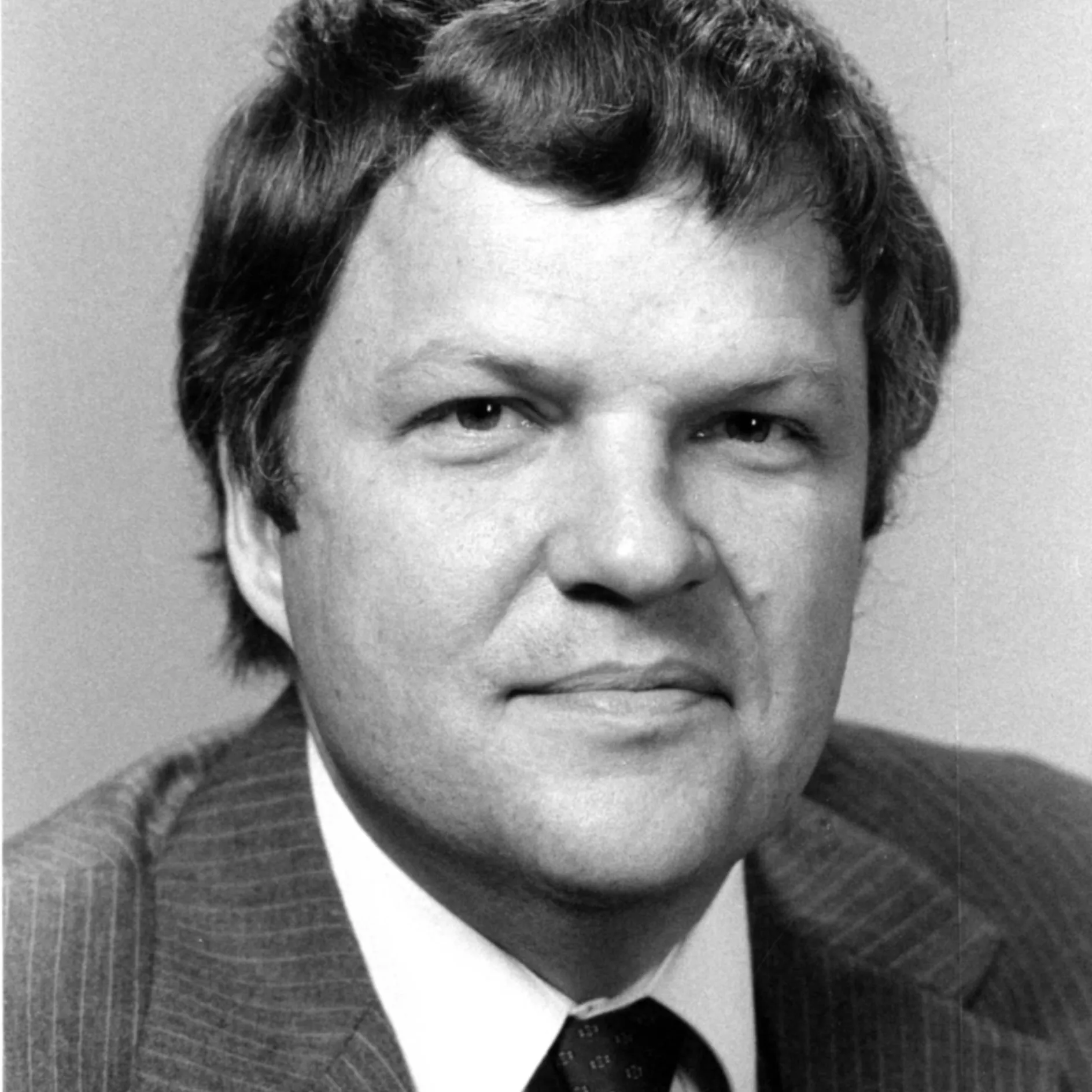Professor Browman studies plant and aminal domestication as well as the evolution of the philosophy of archaeological approaches to socio-political complexity over time.
Browman's enthusiasm for the study of anthropology has its roots in his youth, when his family lived adjacent to groups of First Nations in western Montana. His interest in the cultures of the First Americans continues, with a particular focus upon the peoples of the high Andes of Bolivia, Chile and Peru.
One focus of his continuing research is upon the events that gave rise to the origins of plant and animal domestication, ultimately resulting in the formation of the pristine state. In the Andean altiplano, for example, plant agriculture evolved as a critical supplement to the exploitation of patchy resources through mobility, first through hunting and fishing, and later shifting to the utilization of herded animals. Thus his interest in all components of camelid pastoralism is but one component of the research on the longitudinal interrelatedness of management techniques associated with production and reproduction in zones where aridity and altitude limit other cultural options.
A second major focus recently has been upon the evolution of the philosophical approaches that Americanist archaeologists have created to investigate the development of socio-political complexity over time, that is, in the intellectual history of the discipline. Attention to historical archaeology and the history of archaeology continually reveal empire building in the field, as well as long-term biases regarding various gendered and regional groups.
He currently serves as the director of the Interdisciplinary Program in Archaeology, coordinating the activities of seven archaeologists from Anthropology two from Art History, one from Classics, and one from Earth and Planetary Sciences.
